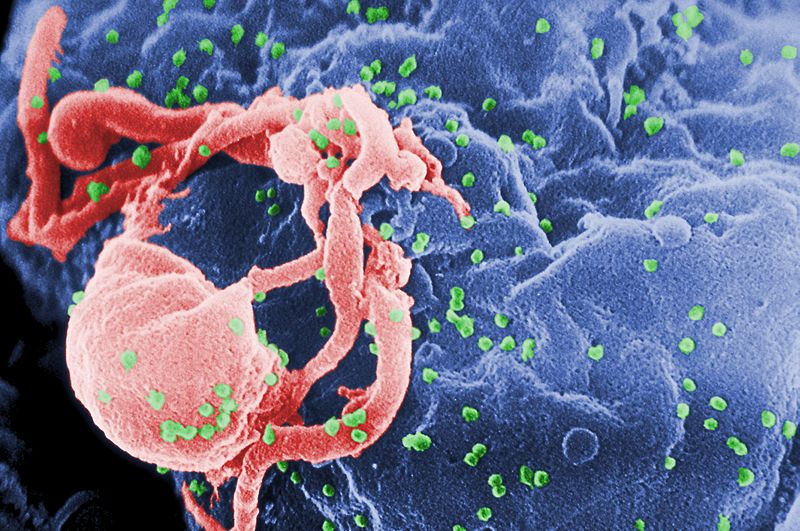Could CRISPR cure HIV? US biotech Excision raises $60m to find out

US biotech Excision BioTherapeutics has raised $60 million to test a potential HIV cure in the clinic, which would use CRISPR technology to snip out the viral code from human cells and tissues.
Once someone is infected with HIV it stays with them for life thanks to the retrovirus’s ability to inject its DNA code into the host.
Snipping out this viral code with powerful CRISPR gene editing technology, which last year won Drs Emmanuelle Charpentier and Jennifer Doudna the Nobel Prize for chemistry, would in theory prevent the need for drugs to suppress the virus and the development of AIDS.
But excising all the viral DNA in a patient's cells is a tough ask given the virus's ability to hide in hard to reach places and the therapy may in the end form part of a multi-pronged attack against the disease.
Excision wants to take its lead therapy candidate, EBT-101, into a phase 1/2 clinical trial in patients with chronic HIV infection with the proceeds from this latest financing round.
The company, which has licensed the CRISPR-based technology from Philadelphia’s Temple University, says it has already produced a functional cure for HIV that works in animals and wants to develop the technology in humans.
It will also support preclinical development of EBT-103 targeting John Cunningham Virus for Progressive Multifocal Leukoencephalopathy, a disease that can be a side effect of the MS therapy Tysabri (natalizumab).
The cash will also help develop two other preclinical drugs, EBT-104 for Herpes Simplex Virus and EBT-107 for hepatitis B.
The financing round was led by GreatPoint Ventures with support from existing investor ARTIS Ventures.
New investors include Adjuvant Capital, Norwest Venture Partners, Anzu Partners, Cota Capital, WRVI Capital, IndusAge Partners, Loreda Holdings, and Olive Tree Capital.
Ashok Krishnamurthi, managing partner at GreatPoint Ventures, will join the board of directors.
Excision is co-founded by Kamel Khalili, chair of Temple University’s neuroscience department and director of the institution’s Comprehensive NeuroAIDS Centre at the Lewis Katz School of Medicine.
Khalili is a named inventor on patents that cover the viral gene editing technology and also holds equity in Excision, where he will act as chief scientific consultant.
CEO is Daniel Dornbusch, who used to be Americas sales director for Novartis and CEO and co-founder of US cancer biotech Acteris.
Khalili said: “This transformative financing will accelerate and support the research we have developed over the past decade.
“We have proven the technology and candidate programs in vitro and in vivo in both small animal models and primate models. We are optimistic that ongoing research will demonstrate the potential for a future therapeutic to generate functional cures for viral infectious diseases.”













